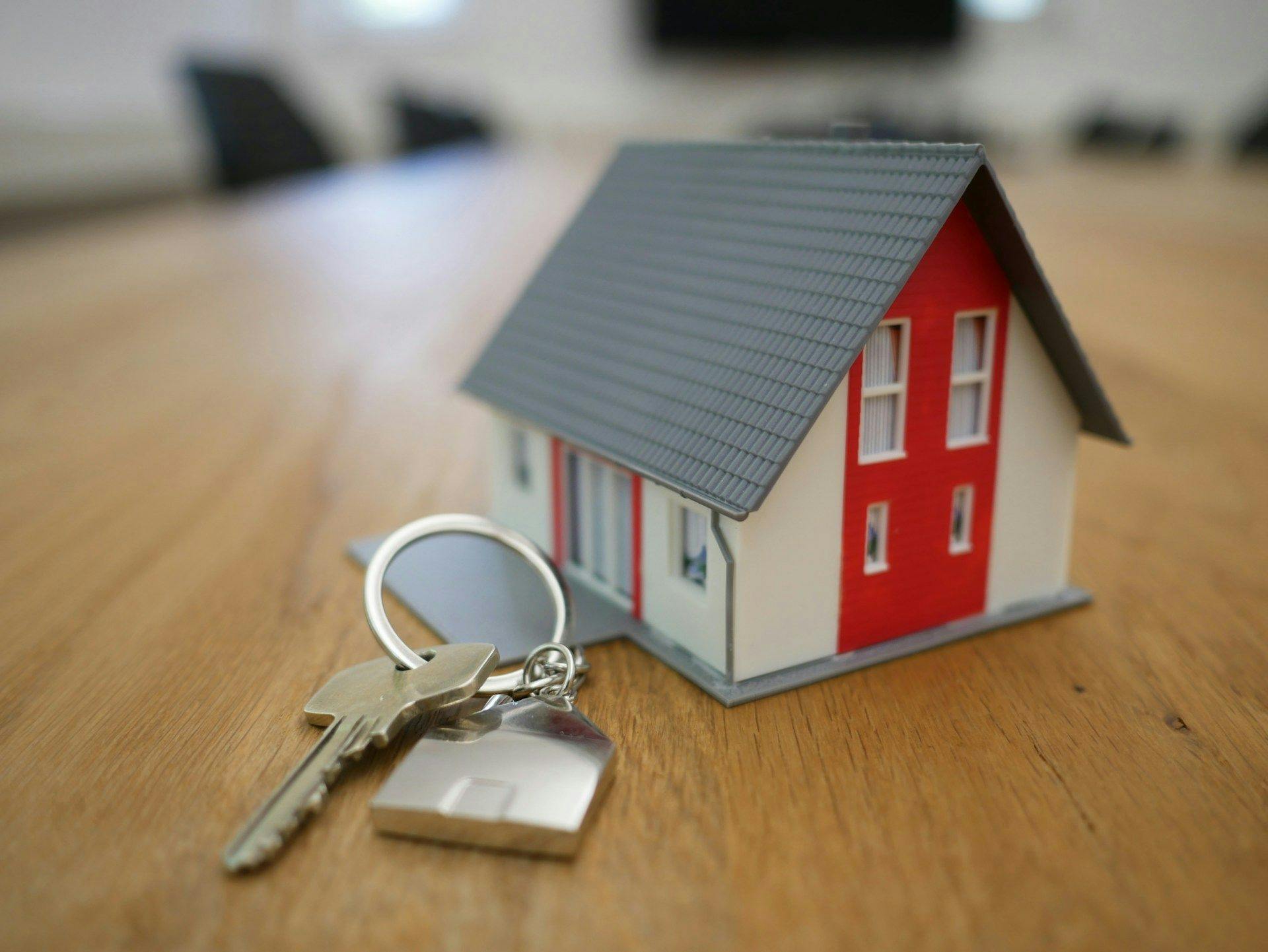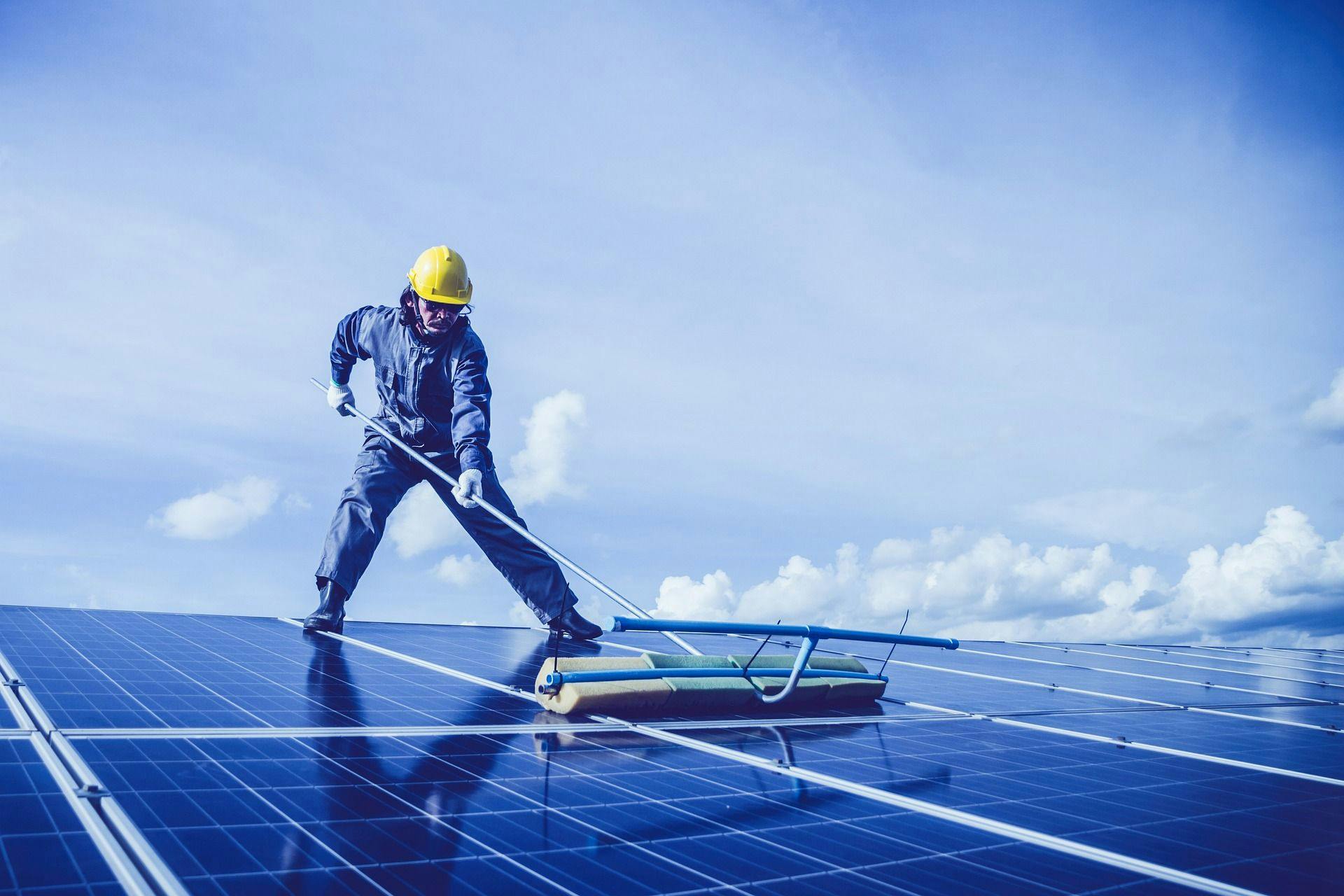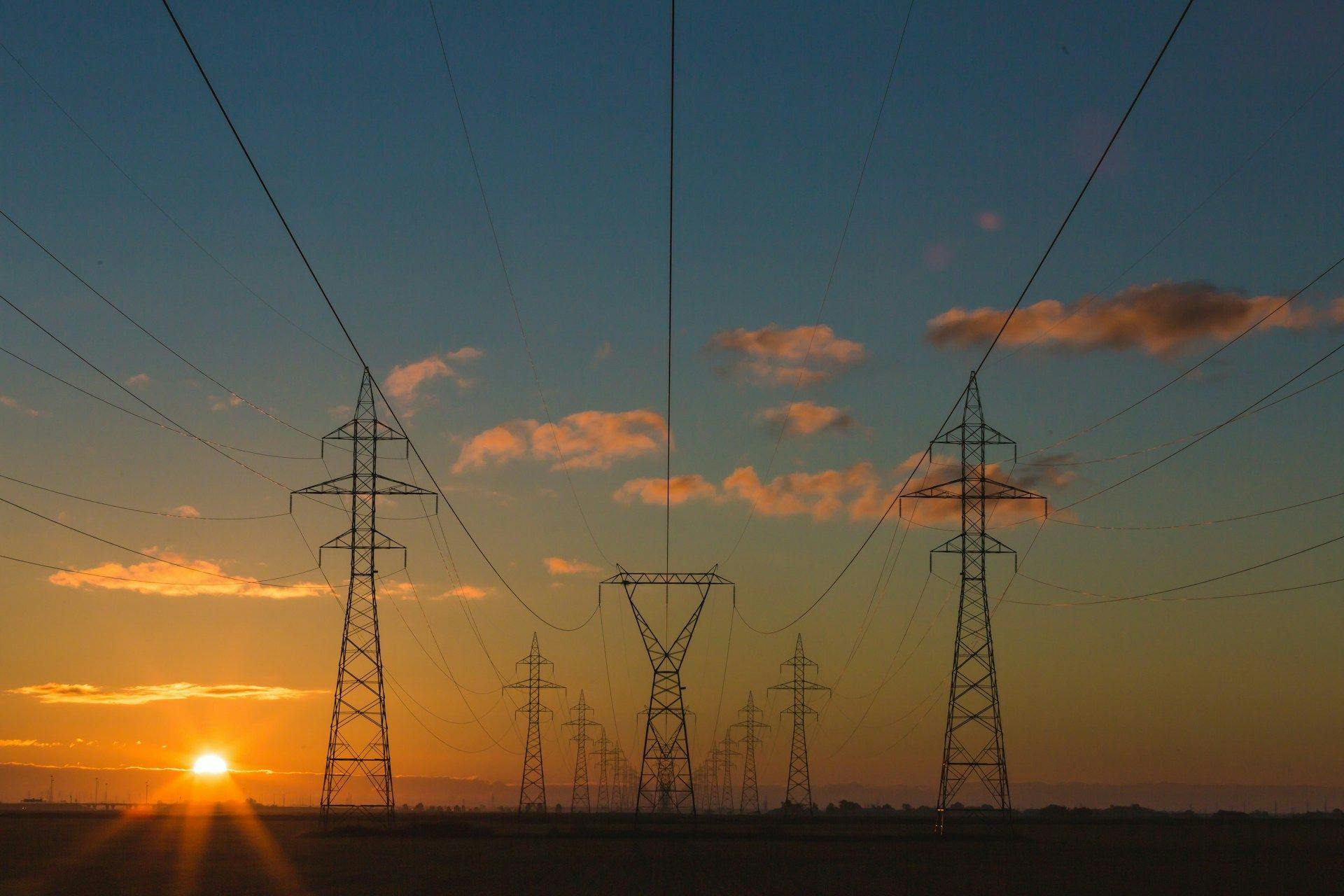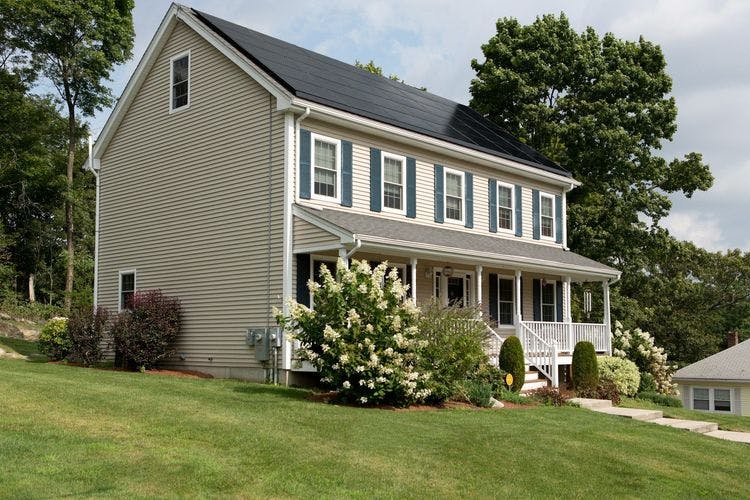Every day, the world is becoming more aware and mindful of the need for renewable energy sources, and solar energy is one of the most accessible sources of sustainable energy. This is becoming increasingly obvious with more people than ever before switching or showing interest in switching to solar. If you’re one of those people, welcome! In this blog post, we will discuss the value of solar panels on a house in the UK—over the short, medium, and long terms. As a homeowner, having a strong idea of what they have to offer you across the board is very important. After all, solar panels are an investment, and you should get a sizable return from it. To understand the value solar panels can bring, we first need to understand the factors that affect their price.
1. Factors that affect the value of solar panels
Apart from the manufacturer and installer you choose, there are many other factors affecting the value of solar panels. The type of solar panels you choose, whether they are monocrystalline, polycrystalline, PERC, or some other kind that suits your needs, will have different price tags. The quality of the installation, the size of the installation, the location of your property, and the amount of sunlight your panels will be exposed to will all dictate their value. Additionally, government incentives and policies like the Smart Exports Guarantee (SEG), The Energy Company Obligation Scheme (ECO4), and the 0% VAT policy until 2027 will all play a role in deciding the value of solar panels. Understanding these factors will allow you to evaluate the value they will offer you. Now that you have some foundational knowledge, let’s get to the meat of the matter. Here is the value solar panels offer you as a homeowner over the short, medium, and long terms.
2. Short-term value of solar panels on a house
Here are the different ways that solar panels offer short-term value:
Installation costs and incentives
Naturally, cost is one of the first and most important considerations you will have as a homeowner when considering a solar installation. As discussed before, the factors that affect the cost are manifold. However, it is also important to note that with solar becoming more normalised, the costs have significantly decreased—both in terms of panel prices and installation fees.
This reduction in prices is partly due to the government’s active involvement in incentivising more solar panel usage. After all, we’re planning to generate 70% of all our energy through renewable sources by 2030. Apart from the incentive programmes discussed above, the Renewable Heat Incentive (RHI) offers financial support for renewable heating systems and a range of other solar loans and green mortgages has made the process of getting solar systems more affordable than ever.
Immediate savings
Once the solar panels are installed and set up, voila! You can immediately start slashing your energy bills and saving on energy consumption. With the power generated from panels, you won’t have to rely as much on the grid.
Remember, the amount you can potentially save will depend on the size of the solar installation, the electricity consumption of the household, and the amount of sunlight your property receives. With a typical 4kW solar panel system, a UK household can save anywhere from £170 to £565 on energy bills annually.
What’s more? If you generate additional electricity, you can sell it back to the grid and earn money with the Feed-In Tariff (FIT) scheme. Win-win!
Increased property appeal

If you are planning to sell or rent your home, installing solar panels can be an instant boost to its value and appeal. With people becoming more aware of the benefits of solar energy, from reduced costs to environmental benefits, properties with solar power available are becoming more valuable.
The average value of a home in the UK can go up by £1,891-£2,722 with the installation of solar panels. So if you plan to sell soon, this could be an option to consider.
3. Medium-term value of solar panels on a house
Now, let’s look at the different ways solar panels offer medium-term value.
Return on investment
When it comes to the medium term, you should be considering the return on your investment. This means calculating when you can reach break-even with earnings from the FIT scheme, and then how much you can earn after reaching break-even.
If we consider another popular solar panel system, the 3.5 kW one, here’s a rough estimate of the savings you can expect over a period of 20 years. As of 2023, the average cost of a 3.5 kW system is £7000. Considering the potential for electricity price hikes as well, you will be able to see an ROI of around £18,096.27 over 20 years—amounting to a yearly ROI of £900.
Maintenance costs

Solar panels are not a one-and-done investment, as much as we all would love it to be. Therefore, to keep your system performing at its best, maintenance is essential. The upside is they require minimal maintenance.
The essential maintenance types that would cost you are cleaning, the annual maintenance usually offered by the installer, and inverter replacements (once every 25 years). When it comes to cleaning, it’s ideal to have them cleaned every 6 months and can cost between £4 and £15. The average cost of annual maintenance is around £150. An inverter can cost up to £1,000.
Keeping these maintenance costs in mind will allow you to make a more informed decision about installing solar in your home.
4. Long-term value of solar panels on a house
It’s time to look ahead. Here’s how solar panels offer medium-term value.
Property value increase
The increase in property value that solar panels can provide is a serious long-term investment you should make. Solar panels have been seen to boost property value by around 4-14%, averaging around a £32,459 boost. The biggest boost was recorded in London, with solar panels adding an average of £90,000 to house prices.
This means you stand to gain a ton of profit if you aim to sell your property in the future.
Energy independence

Solar panels allow homeowners to reduce their reliance on grid electricity and become energy-independent. This can even be taken to the next level if you install additional solar products like batteries, EV chargers, and heat pumps. Solar is a reliable source of energy, allowing you to have access to electricity even during grid outages or disruptions.
Environmental impact
This one’s a no-brainer. Renewable energy is key to a greener future and using solar panels is one of the most effective ways to contribute to it tangibly. Reducing individual carbon emissions will add up, helping combat climate change and contributing to a more sustainable future.
5. So what are you waiting for? Go solar and drive value today!
Solar is becoming a more popular and environmentally-conscious option that is also easy on the pockets. If we managed to convince you to try solar, we have something more to offer! If you are planning a solar project, click here to find the best solar installer for you.

